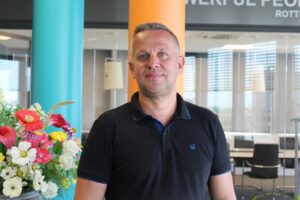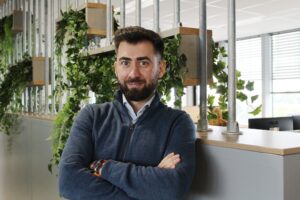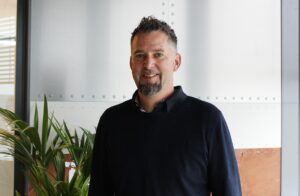1. How long have you been working in the Netherlands?
For the past 4 years, I have been between the Netherlands and UK. I had experienced a bit of the Netherlands previously, but have seen much more of the country recently.
2. What do you do for iPS? Explain your job.
I started as Senior Consultant in the Tunnelling department. I have worked on several different projects in 9 or 10 countries, from Canada to the Middle East and everything in between. Now I am the manager of the department and am looking for new leads and projects for our pipe line of work. It’s a forever changing role, I work for one company but can find myself working together with other offices throughout the world with its diverse workforce.
3. What are the biggest differences between the Netherlands and the UK? What surprised you the most?
Your celebration of lunch was a pleasant surprise, everybody stops work and joins in ‘The Mess’ together to eat lunch. Which is nice to eat and talk together, as a team. In the UK we don’t do this very often. We normally take our own breaks, and eat at the same desk you work on.
4. What do you miss the most about the UK?
Luckily I travel back and forward, so I spend a good amount of time in the UK. But whenever I am in the Netherlands I sometimes miss my family. My wife and children, and walking the dogs across the fields where I live. Watching the surrounding wildlife and season, enjoy the moment and enable the mind to switch off from work. Working in a 24/7 environment with having to respond 7 days a week sometimes when things don’t go to plan, makes you appreciate these moments a lot.
5. Was it hard to integrate?
No, I had already experienced and enjoyed working with the Dutch way. They are direct and want to get things done, I appreciate that style
Crossing borders
Our Powerful People colleagues are working at their offices around the globe. We celebrate our multicultural DNA, because together we can achieve more. We introduce four of our colleagues who live and work in different countries than the country in which they were born. Why did they make their choice? What are the differences they experience? Read their stories.



